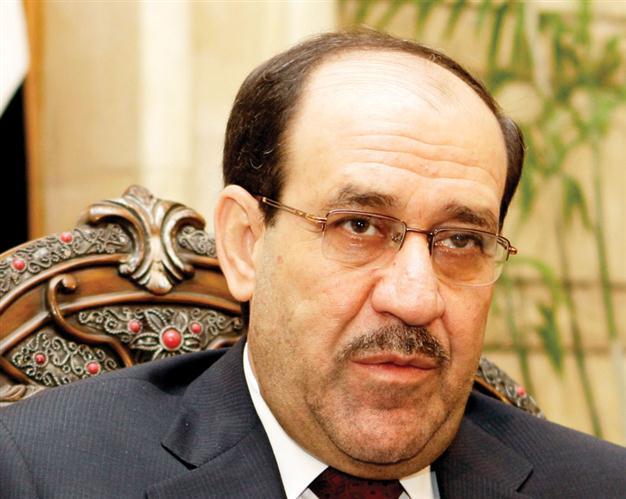Turkey refrains from bipolar mideast: Davutoğlu
Cansu Çamlıbel BRUSSELS / ANKARA - Hürriyet

Iraqi Prime Minister Nouri al-Maliki was criticized by the Turkish foreign minister for failing to unite all political factions in Iraq.
Turkey was against a bipolar Sunni-Shiite structure in the Middle East and was working toward a unitary region, Turkish Foreign Minister Ahmet Davutoğlu said.“We do not want bipolar [structure] in any country. We are struggling for a unitary region. Before the Arab Spring we were trying to ensure that through stability; now we are try to do it with transition,” said Davutoğlu in a recent interview with daily Hürriyet on the plane from Ankara to Brussels. He also emphasized the need to protect the current borders of Iraq, saying that if the tension in the country turned into a long-lasting sectarian conflict it would affect many other countries too.
Iraqi official calls Erdoğan on the phone
Meanwhile, Iraqi Parliamentary Speaker Osama al-Nujafi expressed his sorrow over a rocket attack on the Turkish Embassy in Baghdad during a phone call to Turkish Prime Minister Recep Tayyip Erdoğan on Jan. 19. Officials said Erdoğan and al-Nujafi also discussed developments in Iraq during the conversation. On Jan. 18, three rockets were fired from a vehicle at the Turkish embassy in northern Baghdad; one hit a protective wall but did not cause injuries. “If [Iraqi Prime Minister] Nouri al-Maliki had brought together leaders of all the political factions in a festive mood when Americans left the country, Iraq could have been a success story,” said Davutoğlu. However, Iraq instead created the perception that it was still a crisis country where even Kurds, who were close to the Baghdad administration, were tense. Speaking about the developments in Syria, Davutoğlu complained about false media reports that claimed Turkey was training Syrian dissidents.
















